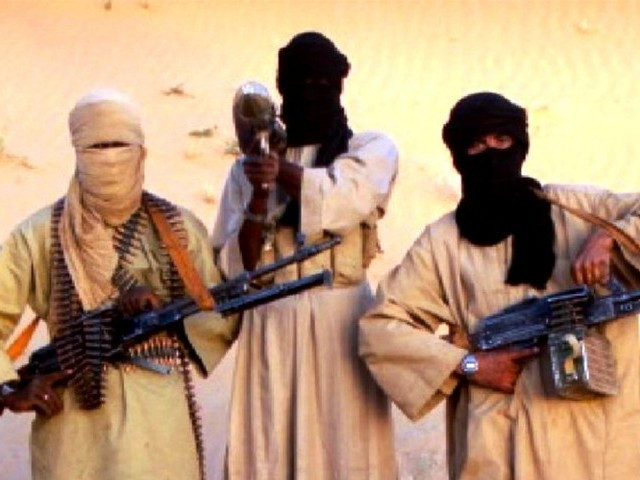Hide in plain view
Those engaged in anti-state extremist activities now are Zia’s children grown up, a crop of dragons teeth.

If any good news is to be found in these detentions of men bent on the killing of ordinary civilians — some of who may ironically be their supporters and sympathisers — it is that this is a considerable success for the intelligence agencies.

It is the long-term creation of an enabling environment that underpins the growth of extremism in Pakistan and allows extremist groups to operate nationally, often with virtual impunity. They have sympathisers countrywide, some of whom provide support and assistance – al Qaeda needs to eat, drink, sleep and recharge its mobile phones like everybody else – and others who merely look in the other direction, turning the proverbial blind eye. Some of these fellow travellers are members of banned organisations, which also continue to operate courtesy of their sympathisers in the forces of law and order. Should we be surprised by this? No, because the police and security forces are a microcosm of wider society. And if wider society has been radicalised over time then so has the police, paramilitary forces and even the army, and this despite increasingly rigorous procedures to identify and weed out extremists.
Consequently, we have reports such as the one about a car somewhere in Lahore that is primed with explosives and has a false number plate. It lacks a driver and a target, but there will be other members of the group still at large and a back-up plan in the event of the prime movers in the atrocity being lifted.
Extremism does not exist in a vacuum neither does it spring up overnight. It requires an enabling environment peopled by sympathisers and an absence of a countervailing narrative that would persuade the wider population on to a more moderate path. There has been no investment in the construction of such a narrative and extremism has been pushing at an open door for years. The failure to reform the curriculum and the education system in broader terms provides much fertile ground for the seeds of extremism to germinate. Those engaged in anti-state extremist activities now are Zia’s children grown up, a crop of dragons teeth. The current generation of schoolchildren are being fed a diet that makes it all too easy for them to be influenced down dark paths in the future.
If any good news is to be found in these detentions of men bent on the killing of ordinary civilians — some of who may ironically be their supporters and sympathisers — it is that this is a considerable success for the intelligence agencies. Lives have been saved, property protected, intelligence gathered. The lesson for Pakistan is that a beast sleeps within, a beast that suckles a yet darker creature. It is up to us, as members of civil society, and as patriotic Pakistanis to eliminate this beast from our midst.
Published in The Express Tribune, September 16th, 2013.
Like Opinion & Editorial on Facebook, follow @ETOpEd on Twitter to receive all updates on all our daily pieces.















COMMENTS
Comments are moderated and generally will be posted if they are on-topic and not abusive.
For more information, please see our Comments FAQ